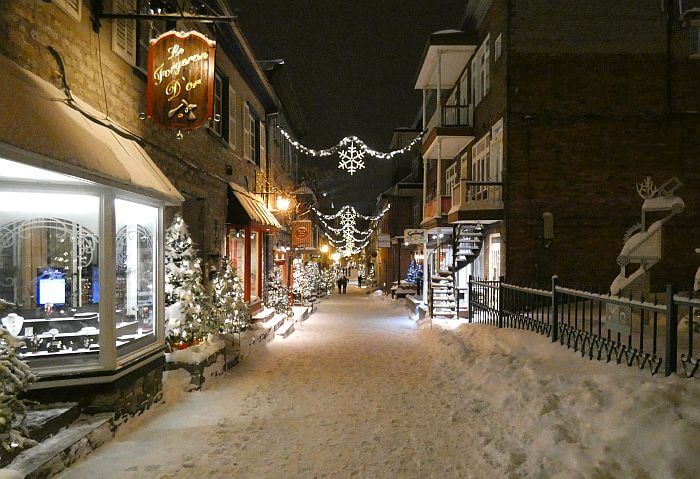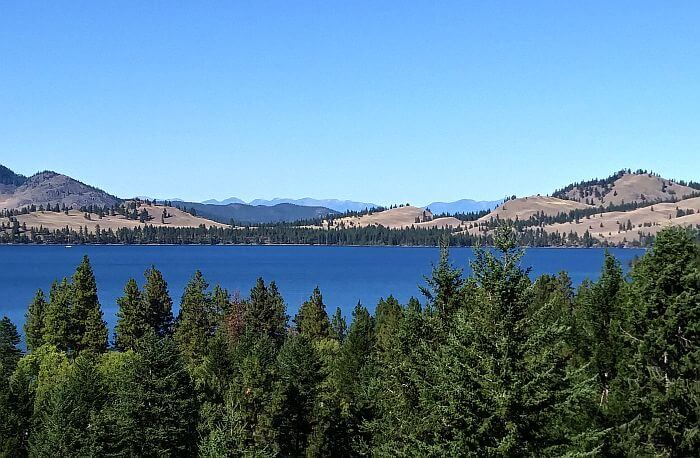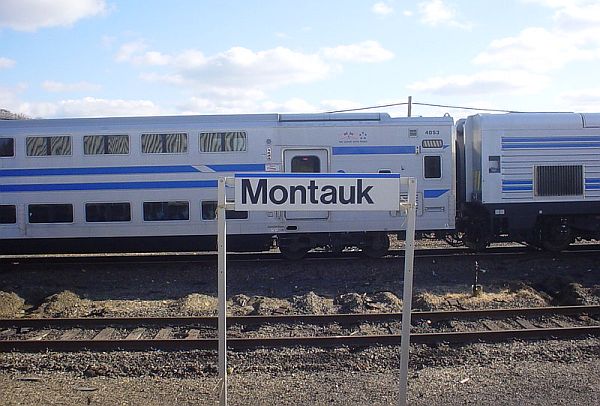[ad_1]
This post on holiday travel safety went up when we were all dealing with rough travel times overall, in late 2020. The situation has gotten back to normal, but I’m leaving the advice that’s evergreen.
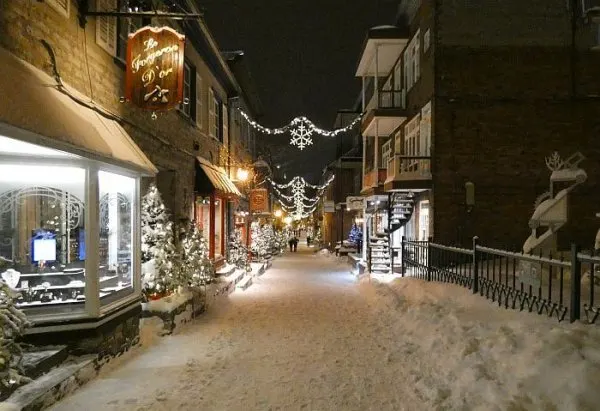
In a normal year, this time on the calendar brings lots of articles about holiday travel: we read about packed airports, expensive flights, weather delays, and other tales of woe.
The best way to travel during the holiday season might be virtually. Read some good books that will take you on a trip, stream some movies from afar. Pull out the old travel photos and look wistfully at those fun memories. If you’re getting a guilt trip from someone about coming to visit this year, you might want to show them how to use Zoom, Facetime, or Skype video. Then visit later when it’s less hassle.
If you’re going beyond your front door, however, it pays to plan. You don’t want to just throw some clothes in a bag and wing it.
Safe Holiday Travel With the Crowds
Most who do have some kind of holiday travel plans are off to see family members, while a small fraction are planning to jet off somewhere on a distant vacation.
But hey, it was much worse a few years ago, with all the masks and vaccine cards:

NOT sorry to see you go 2020
For those who need or want to travel though, there’s both the big picture and the nagging details to consider to do it without risking your health and your sanity.
Safe Holiday Travel Transportation
The problem with international travel is, you’ve still got to get there, which means getting on a plane and sharing a metal tube with lots of other people. The airline execs keep telling us their air is filtered constantly, but even when you take Covid out of the picture, a whole lot of people seem to catch something on a flight.
Although it pains me to say it since I run websites about international travel, traveling a long way in a packed plane over the holidays if seldom a good idea. You’ll have a much better chance of retaining your sanity if you go by train or car.
Fortunately, in the USA and Canada, you’ve got lots of wide-open spaces you can enjoy. You can go skiing in Idaho. You can rent a villa in the mountains. You can rent an RV and head to a state park or go camping if you’re in the south and it’s warm enough. Getting into nature usually gets you away from the biggest crowds.

If you do it right, travel can be as safe as staying home and shopping for groceries, but only if you can avoid the crowds, especially if some in those crowds are only looking out for themselves.
Ongoing Safe Travel Tips for the Holidays
As someone who is normally on the road every month or two, I’ve learned to anticipate the problems and do what I can to avoid them. I try to be an antifragile traveler who can reduce the chances of things going wrong, then have the methods to deal with adversity when it happens.
First of all, I have an annual travel insurance policy from Allianz. As long as I renew it each year, I’m covered for every trip where I’m more than 100 miles from home. That part is key this year when people are taking so many road trips and exploring places close to home. They also have a really useful travel safety app that I covered in this article.
Read that for other phone-related tips to prepare for problems and when in doubt, put it on your phone. Either upload things directly or put them in a cloud account like Google Drive or Dropbox. Driver’s license, passport, proof of insurance, airline info, key contacts—you want to be prepared if anything goes wrong. And don’t forget to always have a loaded-up portable charger with you too!
If you’re driving somewhere, do you have some kind of roadside assistance if you have car trouble? Your travel insurance or car insurance may cover it, or your credit card might, but make sure instead of guessing. If not, get it.
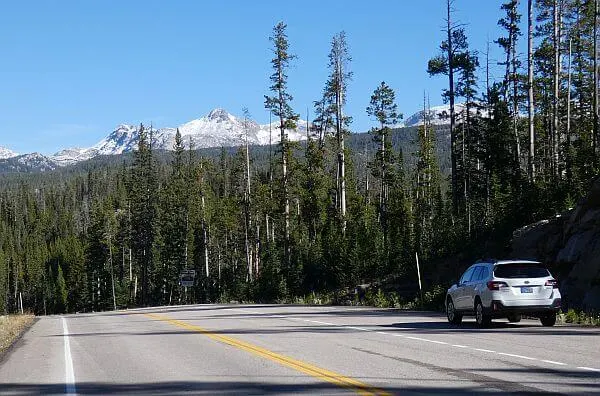
Is your spare tire pumped up? Can your tires handle snow? Do you have an emergency kit in the trunk/boot? What about jumper cables? Safe holiday travel means winter travel, so it’s not the same as a summer jaunt.
Follow all the normal holiday air travel advice to lessen your chances of being stranded. The first flight of the day has the best chance of taking off—or getting you rescheduled if it doesn’t. Fly direct if you can. And again, if you’ve got good travel insurance you’ll have a leg up: you’ll receive compensation if your flight is delayed by a lot or your luggage gets lost.
Having extra hotel points in your pocket can help you get a room for the night without having to come up with $100 or more you weren’t planning to spend. Having a travel banking back-up plan will mean you’re not depending on one card or account.
One trick that can help is to mentally run through your travel itinerary and ask, “What if____” about each step. What can go wrong before you get to the airport? While there? Upon landing? On the road to your destination?
Once you’ve imagined the potential disasters and devised a solution to them, you’ll be ready for anything.
This post was sponsored by Al Centro Media advertising partner Allianz Global Assistance (AGA Service Company) from whom I have received financial compensation. I also use them as my travel insurance provider. As always, all thoughts and opinions are my own.
[ad_2]



